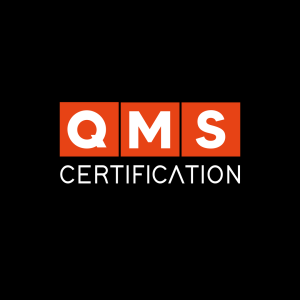In times of data leaks, hackers and data security issues, ISO 27001 certification presents itself as an effective control tool.
ISO 27001 certification deals with information security, establishes controls and guidelines for activities related to the management of information security risks. ISO 27001 certification provides a framework for comprehensive management where an organization can identify, analyze, and control its information security risks.
Furthermore, it ensures that security controls are managed to keep up with security threats, vulnerabilities, and business security impacts. This is a critical aspect of ensuring data security for the organization and the people acting on behalf of the organization.
It also covers all types of organizations. For example, commercial enterprises, government agencies, non-profit organizations, and all sizes, from micro-enterprises to large multinationals. It also related to all industries or markets, such as retail, defense, health, education and government. This is clearly a very broad summary, but the most important aspect is that it can be applied to all industries.
Due to the advent of GPDR (General European Data Protection Regulation), ISO 27001 becomes even more important, since it is a tool that will assist organizations in complying with these regulations on a global and international level.
Benefits of ISO 27001 certification include:
- Reduced costs by avoiding data security incidents;
- Clearly defined process execution operations with regard to data security;
- Improved business image and reputation in the market on information security;
- Reducing risks of cyber attacks, data leakage and important information belonging to the organization.
The ISO 27001 certification process follows the same steps as other ISO Standards:
- The organization can perform a pre-audit (Gap Analysis) with the certification body to verify its level of compliance with ISO 27001 certification;
- The organization then opts to hire a consultant or work with internal staff to implement actions and corrections of the mentioned gaps.
- Being certified for ISO 27001 certification, the organization requests certification audits from the certification body;
- The initial audits of ISO 27001 certification are carried out in two phases, stage 1 (documentary audit) and phase 2 (process and control audit), where at the end of this organization the certification is recommended or not;
- After initial certification, the organization will undergo annual maintenance and recertification audits.
QMS operates with ISO 27001 certification globally, and can assist organizations in this journey, providing data and information security to individuals and organizations. For more information, please reach out to us at contact@qms-certifcation.com or at 1800-287-8777.











